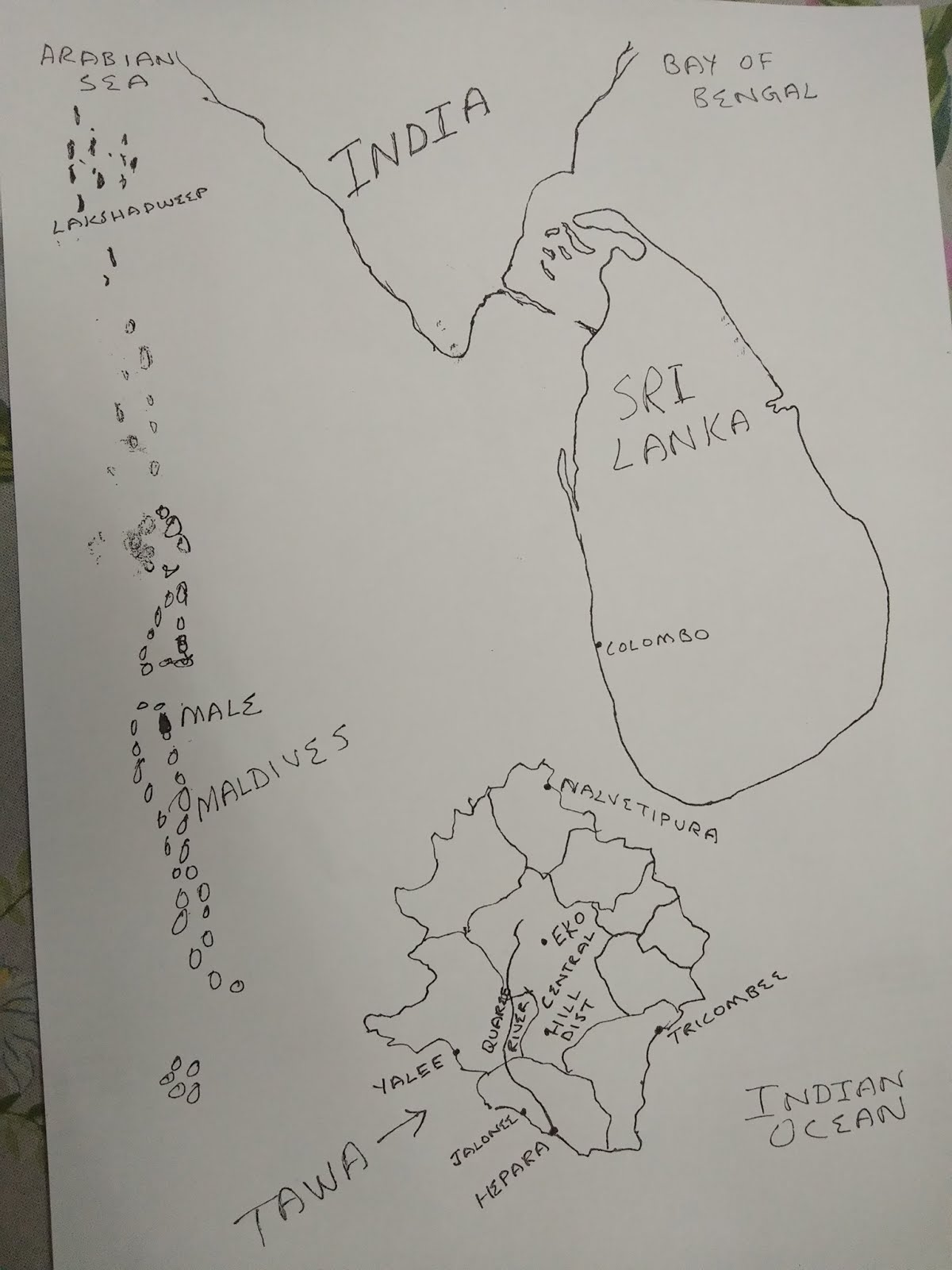
This collection of inter-linked stories was released over a year ago, but I managed to get hold of it only recently. Which is such a pity because I don’t think I have read a better bunch of stories by any other South Asian writer with the exception of R. K. Narayan.
The first story in this collection,
Nawabdin Electrician, was published by The New Yorker in August 2007. I still remember being struck dumb by the mastery exhibited by the then unknown Mueenuddin, the sheer depth of the protagonist’s character and the flawless depiction of a feudal village setting in Southern Pakistan. The rest of the stories in this collection are of equal merit, though, for me,
Nawabdin Electrician is the best of the lot. Two more stories from this collection,
In Other Rooms, Other Wonders and
A Spoiled Man subsequently appeared in the New Yorker
All the characters in this collection not only run true to form, but also go beyond that. The feudal landlords are not only feudal, but also absentee landlords who rely excessively on managers to run their farms and collect the rents, not much unlike the landlords in Tolstoy and Chekov. In fact, the feudal set up reminded me a lot of descriptions of the Russian rural scene from Tolstoy,
Solzhenitsyn and even Sholokhov. The landlord’s children are educated in the best schools and study overseas. One of them has an American wife. The lawyers and magistrates are corrupt. The big men sleep around and drink expensive foreign liquor smuggled on boats from Dubai to Karachi. The poor relatives sponge off the rich ones, to the extent their blood links will allow them to. A poor woman, especially one married to a drug addict, has to be ruthless in choosing the man she will sleep with, if she is to survive.
One of Mueenuddin’s key strengths is to flip a character to show his or her underbelly. A posh couple find each other, fall in love, have a dream wedding and slowly drift apart. The wife is unhappy and she invites a bunch of people to their farm for a party. The husband isn’t happy and he ignores the guests. The wife sleeps with one of the guests and starts feeling guilty very soon after.
The poor characters in Mueenuddin’s stories impressed me much more than the rich ones. The poor are as cruel as the rich ones, though they are cruel only to the extent they need to, in order to survive. In any event, they are not as cruel as the policemen who torture a poor man, knowing him to be innocent, whose mentally wife challenged wife has been lost, probably abducted by traffickers. For example, in
Nawabdin Electrician, Nawabdin stops his motorcycle on a desolate stretch of a village road to give someone a lift. It turns out to be a robber with a gun who shoots Nawabdin in the tummy and takes the bike. The robber, who is even more poor than Nawabdin, doesn’t know how to ride the bike and he crashes it soon after. Nawabdin follows the robber and tries to take back his bike. The robber shoots Nawabdin a few more times. ‘
The man had never used weapons, had fired this unlicensed revolver only one time, to try it out when he bought it from a bootlegger. He couldn’t bear to point at the torso or the head, but shot at the groin and the legs.’ Interestingly Nawabdin survives, but the robber doesn’t. Do read this story to find out how and why.







